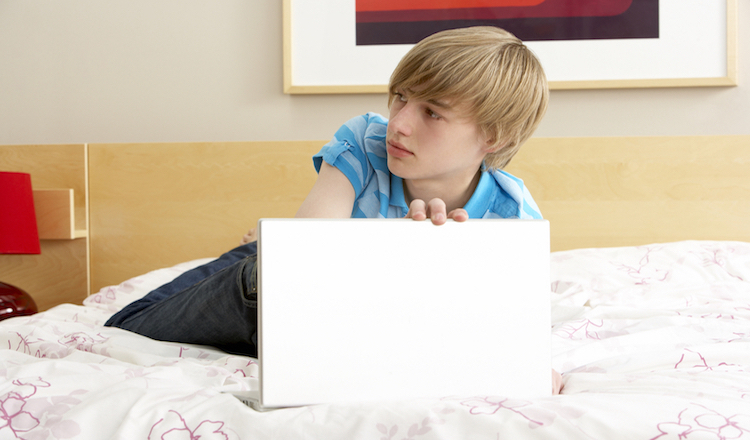They might see us having a bet on the Melbourne Cup. Perhaps teenagers see us having a flutter most weekends. They certainly see countless TV advertisements for ways to bet on the footy and other sports. If we disagree with someone, they may hear us say: Wanna bet? What effect do all these references to gambling have on our teenagers? Gambling messages are pervasive in our culture. Are our teens beginning to think that gambling is simply a normal part of life?
We need to model the behaviour we want to see in our teenagers. Research shows that although teenagers have their idols, their parents are the most significant role models in their lives. The friends of your teenager play a huge role too.
It stands to reason that if our teenagers see us drinking heavily, they are likely to think that it is normal and ok. Try not to link drinking with stress or every celebration because then they learn that if you’re stressed, you drink and you can’t celebrate anything without alcohol.
Similarly, if they see us gambling regularly or only ever talking about the wins, they are likely to think this is normal, too. When gambling is in their presence, casually point out that you only bet what you can afford and that the odds of winning are generally always against you. We need to balance out the pervasive messages that are constantly seen on our TVs and online with warnings that highlight the potential harms associated with gambling.
There’s nothing adolescents hate more than hypocrisy. If they catch us doing or saying anything that we have lectured them about, watch out! We thought we had eyes in the back of our heads when they were toddlers. That’s nothing compared to what teenagers see and hear. Somehow they can ignore our repeated requests to take out the rubbish or clean their rooms, but just one slip of the tongue or a throw-away line to a friend and they hear hypocrisy.
They’re always watching us, so we can’t ever forget the influence we as parents play in their lives. Our teens are also watching their friends and because teenagers want to belong, they are obviously vulnerable to peer pressure. If their friends are drinking when they’re underage, an adolescent can feel like there is something wrong with them if they don’t drink. If their friends are gambling, they are more likely to want to join in, even if they don’t particularly like gambling. We know we can’t criticise a teenager’s friends, so we need to take another tack if we want to limit peer pressure.
It’s a good idea to use the fact that their friends are everything to them to teach some life lessons. Here’s a useful conversation to have with a teenager who is showing a worrying interest in gambling:
Parent: Do many of your friends gamble?
Teenager: Yeah, a bit. What’s wrong with that?
Parent: What type of gambling do they do?
Teenager: We mostly just bet on the footy. It’s fine because we all do it together and it’s not as risky because we’re betting on something we know – football.
Parent: Do you guys understand that any form of gambling is risky – whether you think it’s based on skill or not?
Teenager: But it’s not like playing the pokies or betting on the horses. We know who is more likely to win a match.
Parent: Ben, even favourites lose. Are you worried about any of your friends gambling too much?
Teenager: Maybe Mum, but it’s fine because he doesn’t have an addictive personality like Uncle Max.
Parent: Yes, Uncle Max has admitted that he’s got an addictive personality, but anyone can get into trouble with gambling. Maybe it would be good if you all gave it a rest for a while and then he won’t be as tempted?
Teenager: Maybe
When you’re showing empathy for their friends and encouraging them to help their mates, you can subtly slip in your messages about your own teen’s behaviour. It’s clear that you are concerned about gambling but instead of it being a lecture, it’s a discussion about friendship.
So in a nutshell, if we are good role models and our kids know how to deal with peer pressure, we can equip them with the tools necessary to make sensible and safe decisions.
Knowledge is power. To stay informed with the latest advice on talking to your teens about gambling, I’d strongly recommend you visit responsiblegambling.vic.gov.au

This is a sponsored post by Victorian Government. All opinions expressed by the author are authentic and written in their own words.









